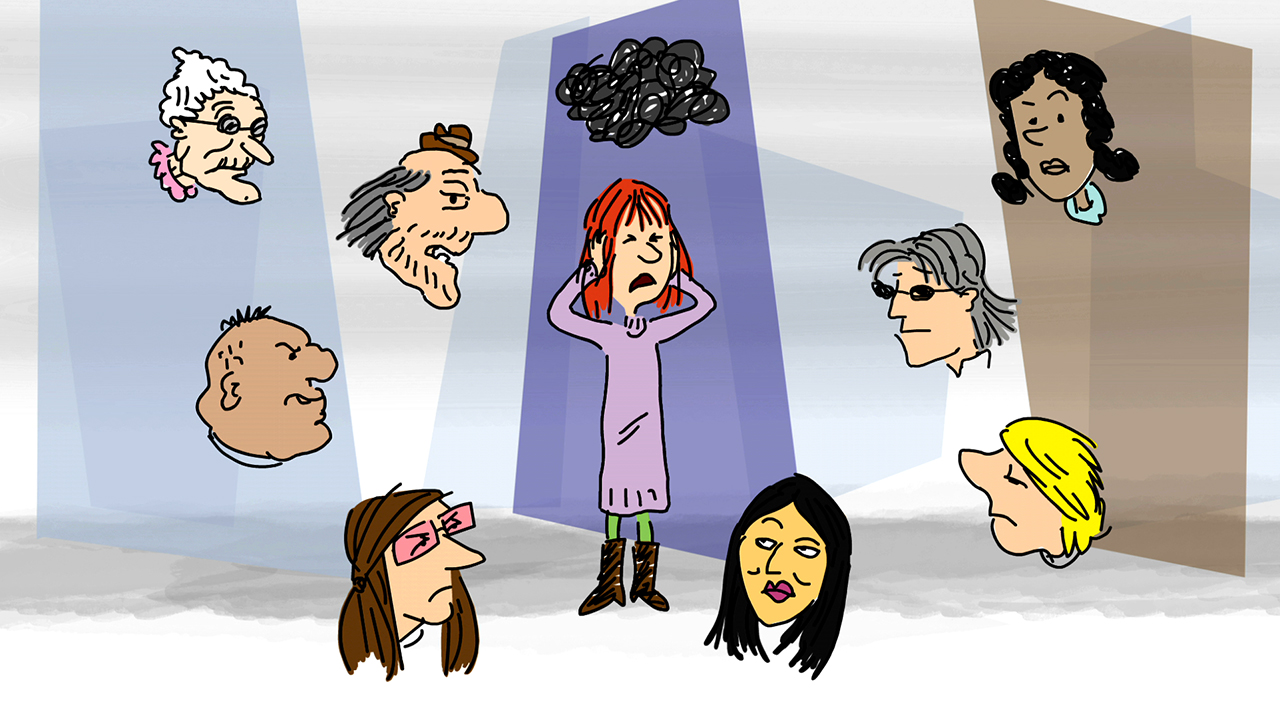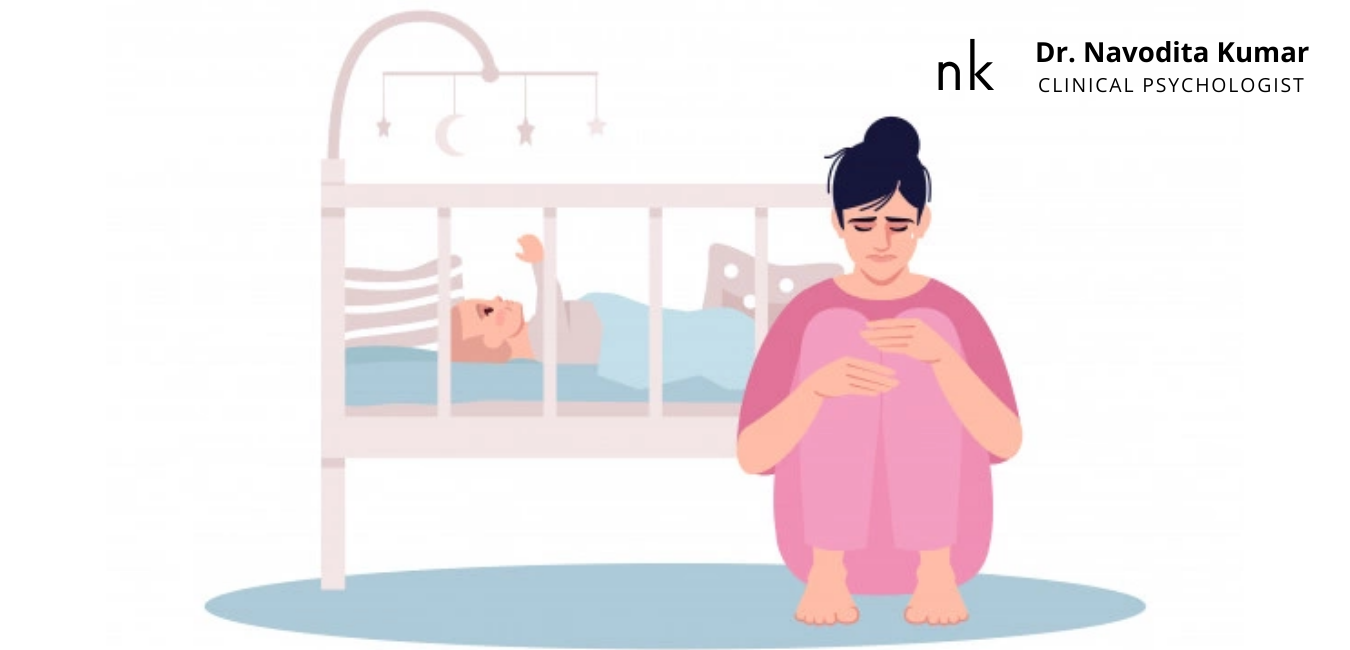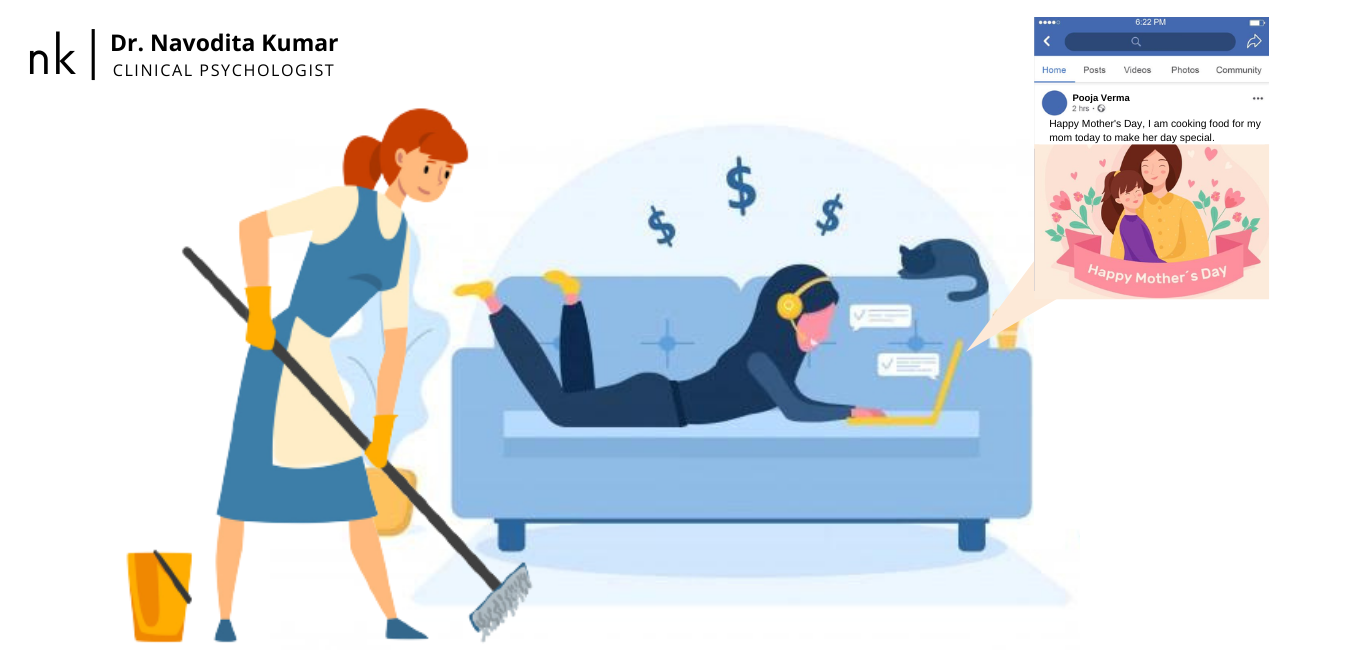“You don’t have to struggle in the silence. Give yourself some credit for how far you have come.”
Menopause, a phase or a transition period that every woman has to go through. It marks the end of your period and reproductive years. Like every other change, menopause is also inevitable and these changes definitely aren’t casual. It brings a lot of mixed feelings and emotions that are not easily acceptable. Some women can easily accept and handle these changes. They look forward to these changes but it becomes difficult for other women. They cannot easily handle this phase and hence, destroy their mental peace. Some of the emotional changes experienced by women undergoing menopause can include:
- Irritability
- Feelings of sadness
- Lack of motivation
- Anxiety
- Aggressiveness
- Difficulty concentrating
- Fatigue
- Mood changes
- Tension
So, before moving ahead, let’s understand what menopause is and how to deal with this situation.

What is Menopause?
The definition of menopause is when you haven’t had a period for a full year. The average age of onset is 51. However, your body starts changing many years before you reach menopause. This stage is called perimenopause. During perimenopause, your estrogen and progesterone levels begin to diminish. Once you reach menopause, your hormone levels stabilize. But, until then, the fluctuation of hormones can bring on a host of issues. Some women experience mild symptoms for a short period. For others, symptoms such as hot flashes, vaginal dryness, sleep disturbances, and memory problems are life-altering and last for several years.
These symptoms can affect your relationships, your sleep, your weight, and your mental health. While menopause is a natural progression of life that every woman goes through, every woman experiences it differently and handles it differently.

PSYCHOLOGICAL EFFECTS ASSOCIATED WITH IT
When Menopause arrives in a woman’s life, it brings a lot of emotional changes that are completely a roller coaster ride and has to be handled positively and confidently. The higher chances are that you might feel irritable and have mood swings. You suddenly start experiencing the fear of losing your family and loved ones. Menopause is also followed by anxiety, worthlessness, lack of energy, changes in your appetite, unexplained physical pain, trouble concentrating or making decisions, and much more. You even start losing all your interest in those things that you used to enjoy some of the other days. We understand that reaching your middle-age often brings a lot more changes that may be new to you. But, as it is said, “There is an immense hope and power, even when your brain tells you there isn’t.”
How Can I Cope With the new changes in Menopause?
Menopause is a Latin word where “Meno” means month and “pause” means to stop. But, remember all women will not experience this phase in the same manner. There are certain tips that can help you a great deal and also, maintaining some simple yet beneficial lifestyle changes can reduce your stress and make you feel relaxed and self-calming.
Here are some tips that may make it easier for you to handle your fluctuating emotions:
- Get Adequate Sleep:- Many women in menopause experience sleep problems. Your doctor may recommend getting more sleep at night. Try to follow a regular sleep schedule by going to bed at the same time each night and waking up at the same time each morning. Keeping your bedroom dark, quiet, and cool while you sleep may also help. Taking adequate sleep will let you and your mind relax. This reminds us of the famous statement “Sleeping soundly is the best meditation.”
- Get Regular Exercise”:- Regular exercise can help relieve stress, while boosting your energy and mood. Try to get at least 30 minutes of exercise a day, five days a week. For example, go for a brisk walk or bike ride, swim laps in a pool, or play a game of tennis.It is also important to include yoga in your daily routine.
- Try Relaxation Techniques :-Yoga, meditation, and massage are all relaxing activities that can help reduce stress. They may also have the added benefit of helping you sleep better at night. Listen to your favourite music and read some good books.
- Find a self-calming skill to practice :-Notice your problematic time , the time when you are in much pain and try some activities that will calm not only your mind but also your soul. If you don’t know about Music Therapy and Dance Therapy, go for it. Music soothes your mind and soul in such a manner that it is no less than therapeutic to you.
- Eat healthy.:- Talk to your dietician and get a proper healthy diet that can be your best medicine in driving away all these mixed emotions that have caused you so much trouble. Eat lots of fruits and green vegetables. Drink enough water.Avoid tranquilizers and alcohol.
- Talk Therapy:- Feelings of isolation may prevent you from sharing what you’re experiencing with friends or family members. You may find it easier to speak with a trained therapist who can help you cope with the challenges you’re experiencing. Nurture your friendship and stay connected with your loved ones. Try to keep yourself engaged in different activities, Engage yourself smartly. Don’t continue focusing on the problems . Diversion Technique will work like magic on you. Don’t focus on the problems , Divert yourself and focus on the solution.
Follow these simple tips and Talk with your doctor to discover what options may be the most effective. Always stay positive and strong. These are nothing but just another phase of life like puberty. It is the time when ovaries stop producing eggs anymore but not the opportunities and new challenges stop. Keep fighting and take care of yourself.
Remind yourself every day that “TAKING CARE OF MYSELF DOESN’T MEAN “ME FIRST”, IT MEANS “ME TOO.”!! YOU WILL SMILE AGAIN AND FOREVER.
















